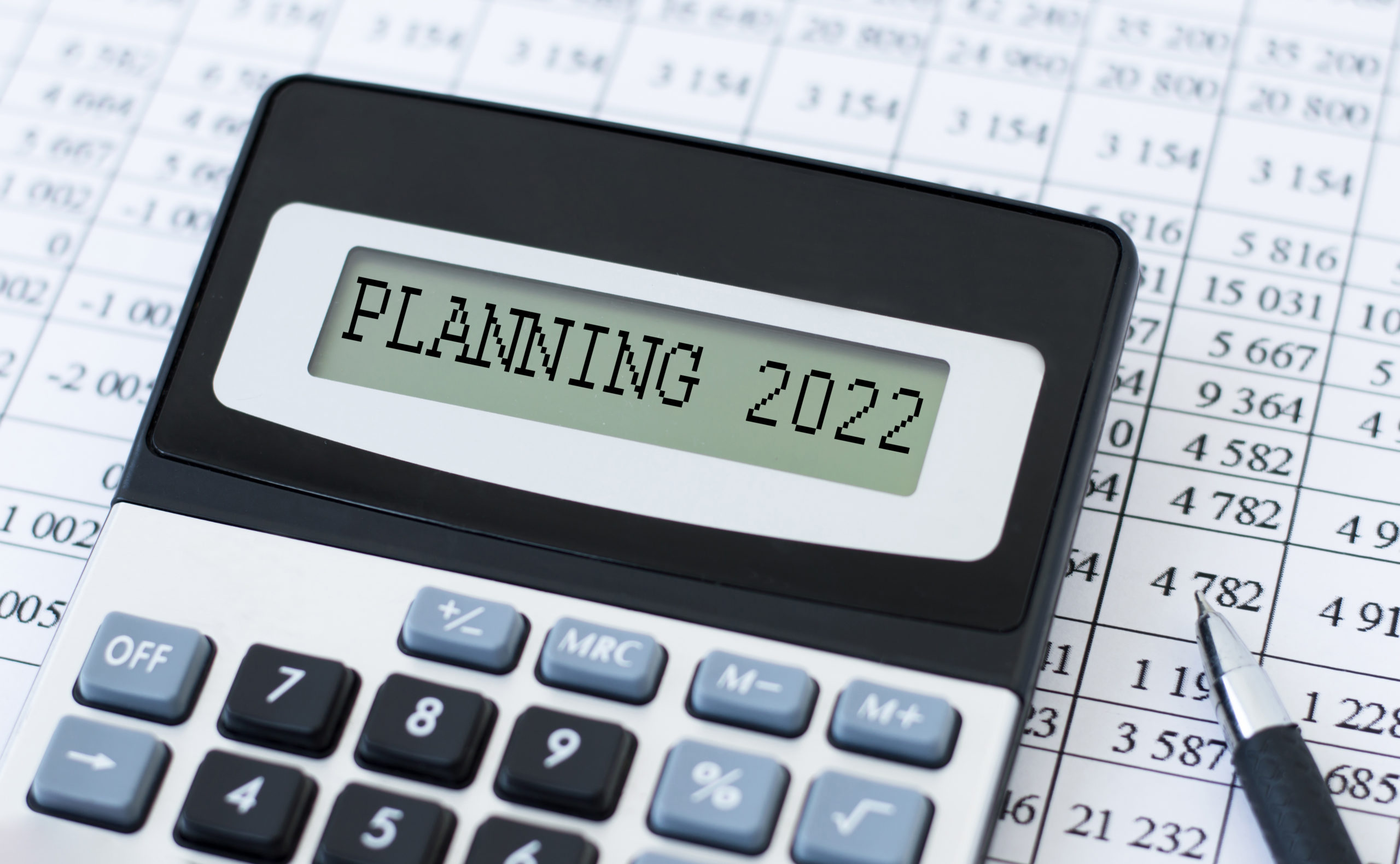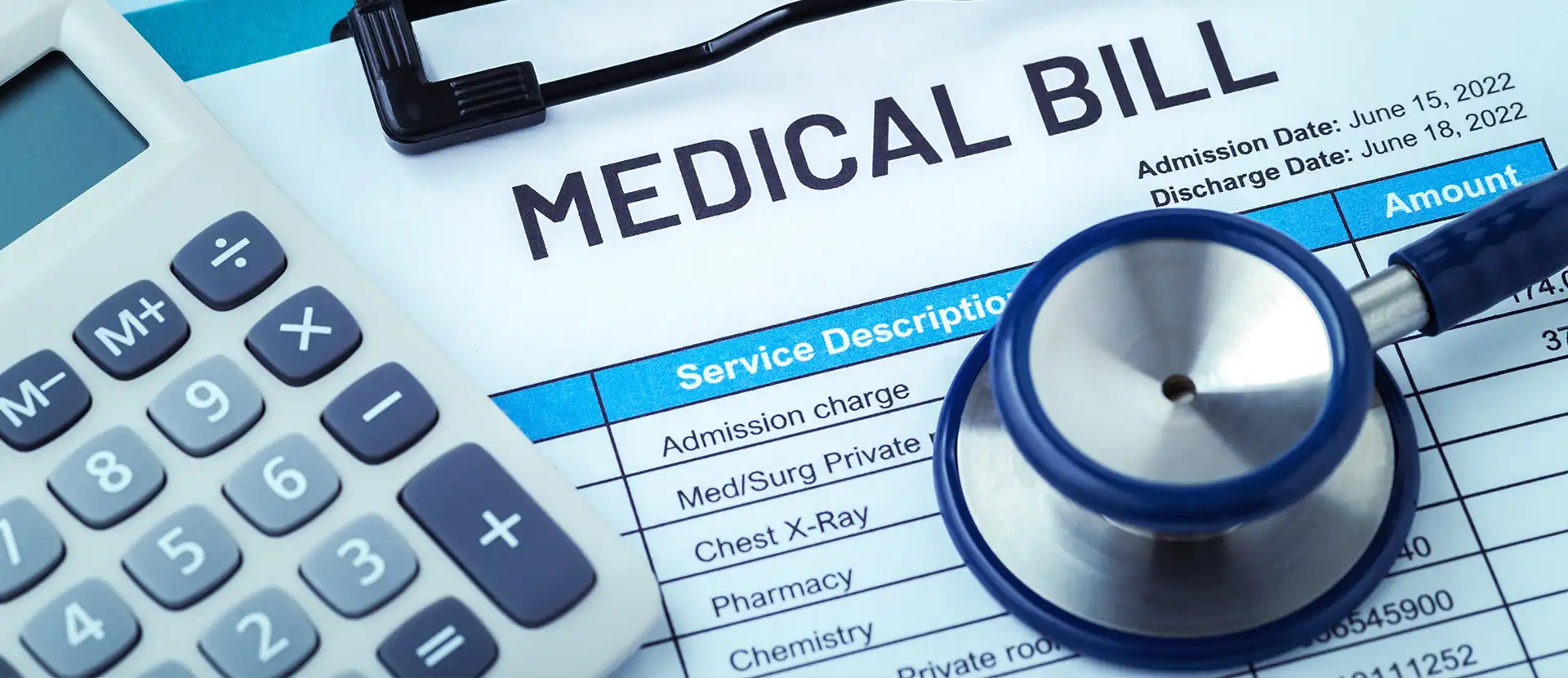By becoming familiar with certain deductions and rules, you may be able to avoid costly tax-related mistakes. Here’s what you need to know for the end of 2021 tax planning that may impact you:
RMDs are back
Even though RMDs were suspended for 2020 under the CARES ACT, RMDs are required for 2021. If you haven’t taken your RMD yet this year and don’t have it scheduled, contact our financial professional or custodian to ensure you take it and avoid a penalty.
However, If you turned age 70½ before 2020, RMDs kicked in at that point. If you reached (or will reach) that age in 2020 or later, you get more time. Those withdrawals will start at age 72 in 2022.
RMDs apply to 401(k) plans, both traditional and the Roth version, and similar workplace plans. RMDs also apply to other individual retirement accounts. However, Roth IRAs have no required withdrawals until after the account owner’s death.
Stimulus payments are not taxable
The IRS sent out another round of stimulus payments in 2021 as part of the American Rescue Plan. If you received a stimulus payment, it wouldn’t be considered taxable income. If you received more money than you qualify for based on your 2021 income, you wouldn’t have to repay the stimulus funds.
Advance Child Tax Credit payments
If you qualified for the Advance Child Tax Credit in 2021 under the CARES Act, likely you received half of the credit in the form of monthly payments throughout 2021. You will claim the other half when you file your 2021 taxes. If you have any questions your tax professional can assist you in understanding how the Advance Child Tax Credit program works and impacts your 2021 tax filing.
Unemployment Benefits are taxable
Unemployment benefits are taxable income by the IRS and in most states. You may receive a 1099 form showing your unemployment benefits income, requiring you to pay taxes on the amount you received through unemployment benefits in 2021.
the home office deduction isn’t available to everyone
If you worked from home during the pandemic or anytime during 2021, you may assume you qualify for the home deduction. Unfortunately, work-related expenses aren’t deductible on personal taxes if you’re an employee on an employer’s payroll. A home office deduction is only an option if you’re a freelancer, entrepreneur, or another self-employed individual.
Consult with your financial professional
Planning your taxes can seem overwhelming. Fortunately, we can help along every step of the way. Contact us today to meet with your financial and tax professionals to determine how these tax-sensitive items may impact you when you file your 2021 taxes.




